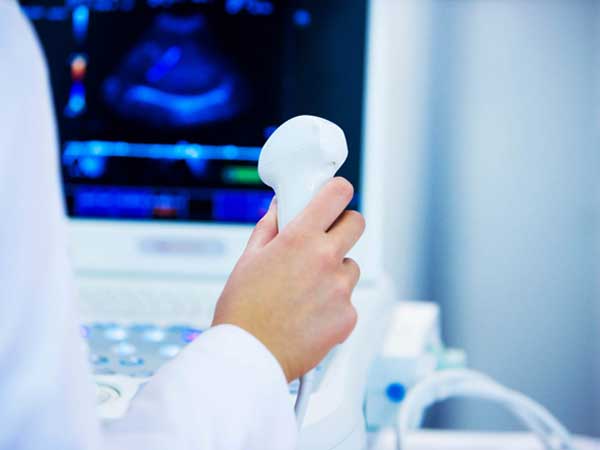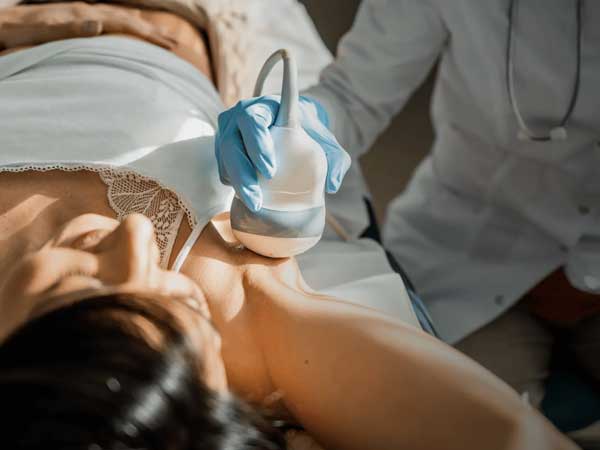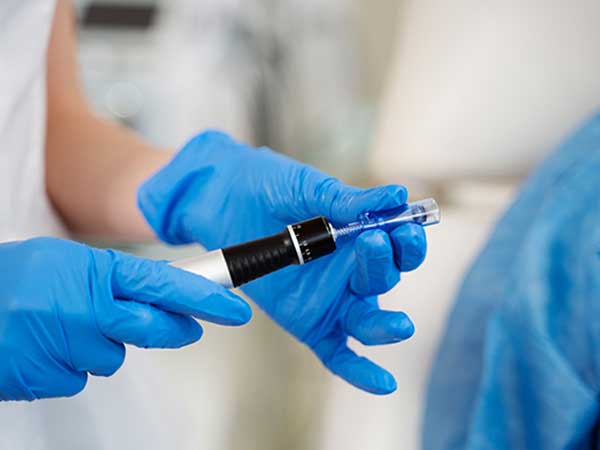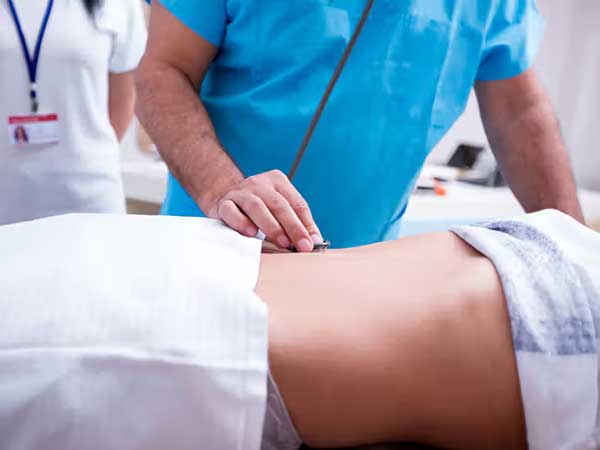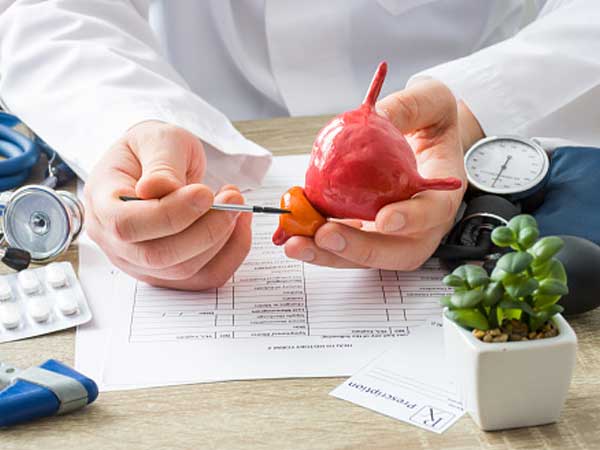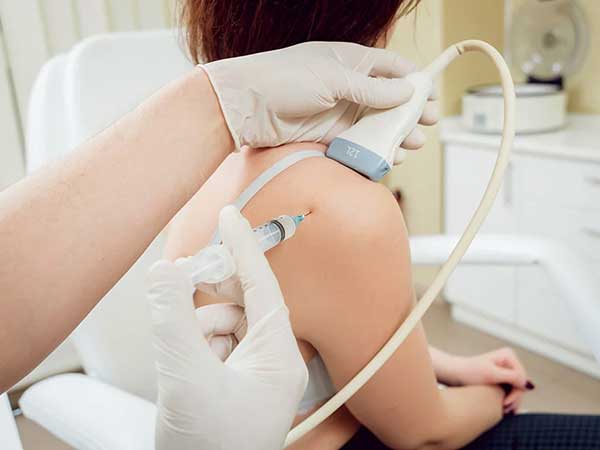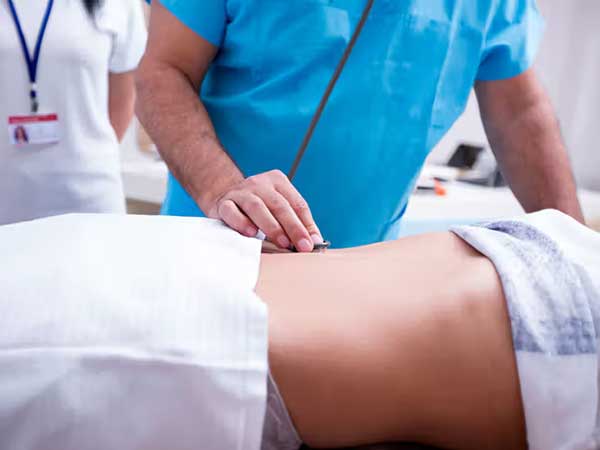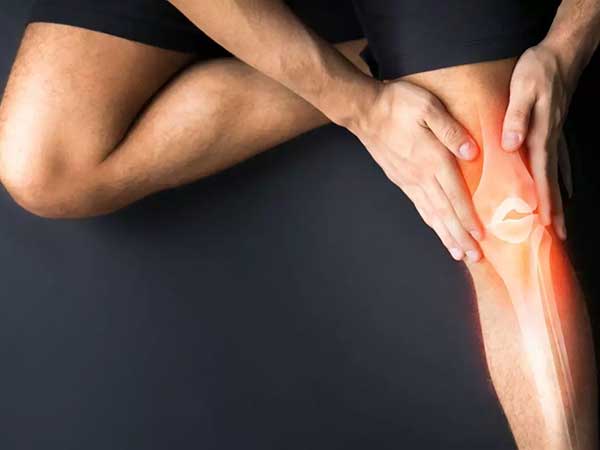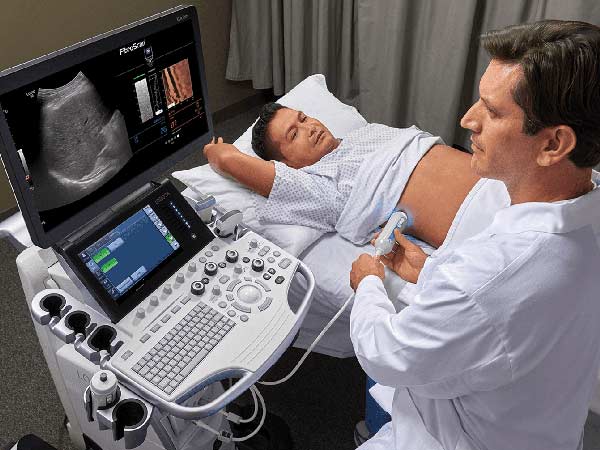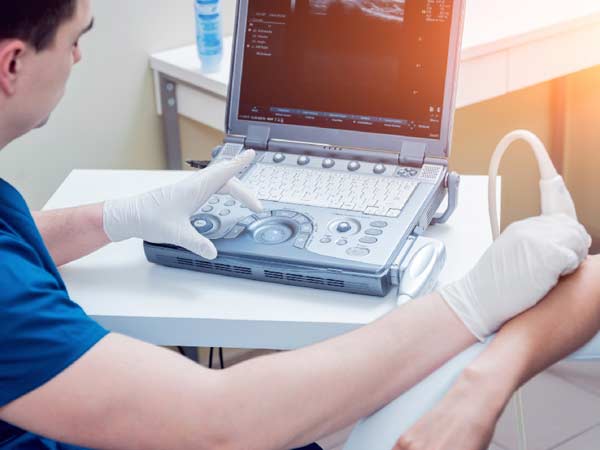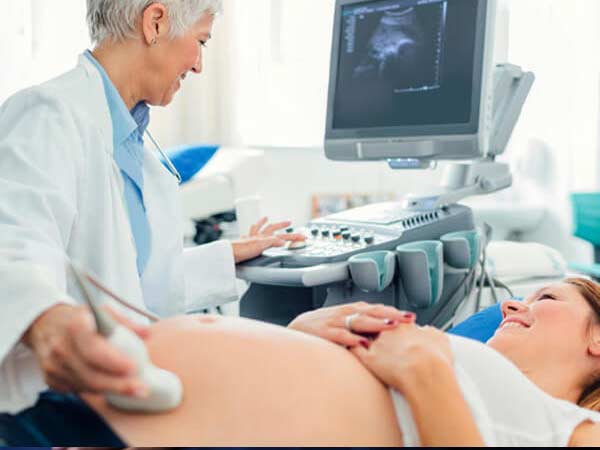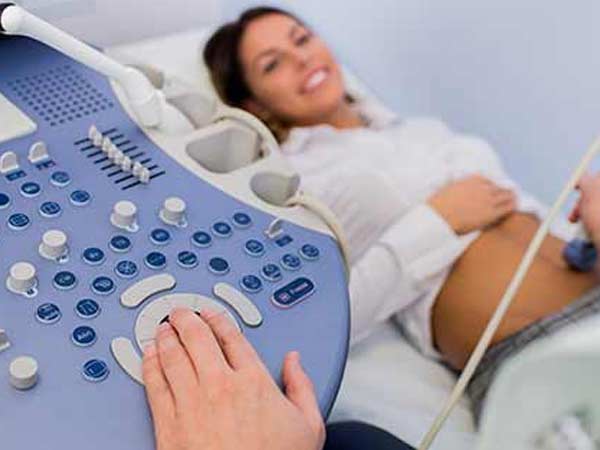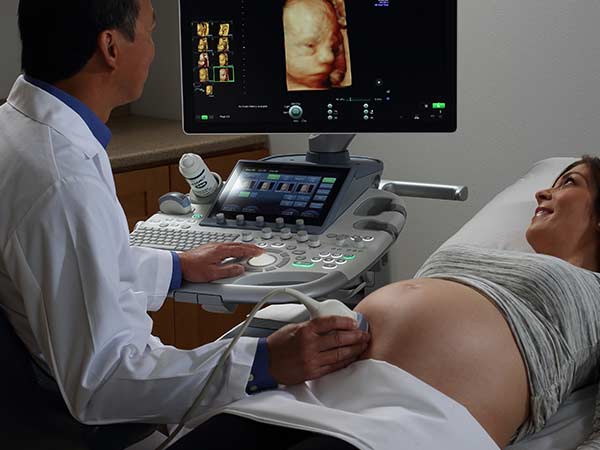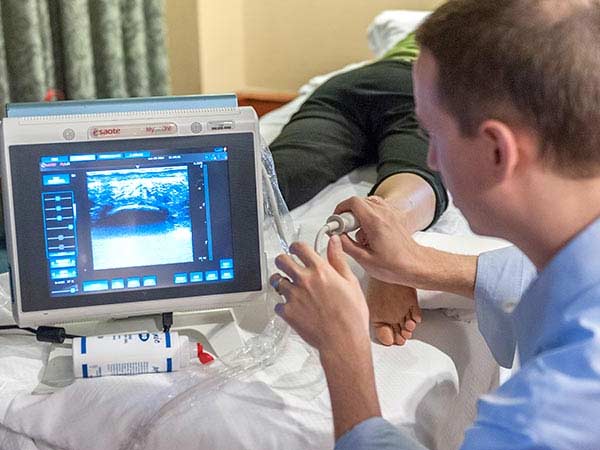Hepatic elastography is an examination indicated to diagnose a group of diseases that affect the liver. Its main function is to detect liver fibrosis, a condition characterized by damage and inability to regenerate the liver. It is caused by diseases such as hepatitis and excess fat.
The great advantage is that, unlike biopsy, this type of examination is quick, practical and painless, not involving perforations or cuts in the body. This mode of diagnosis is already recognized as one of the most accurate and safe in the prevention and evaluation of chronic liver disease (i.e. liver fibrosis).
Liver elastography: How it works
As its name suggests, elastography assesses the elasticity of the examined organ: the more rigid it is, the greater the chance of an abnormality being present. Other data are also examined, such as the texture and dimensions of the tissue and the presence of nodules.
The method of examination is similar to that of a common ultrasound, in which the patient lies on a couch and the radiologist moves the probe on the upper abdomen with the help of a gel, generating images on the machine’s screen in real-time.
Main indications of the examination
Hepatic elastography is mainly indicated for diseases such as hepatitis B and C, alcoholic liver disease & nonalcoholic fatty liver disease (NAFLD) characterized by inflammation in the liver that develops silently and which, in advanced levels, can cause cirrhosis. The advantage of the test in cases of chronic hepatitis is the comparability of the results with liver biopsy but in a less invasive way. This option, called e Shear-Wave elastography, can be repeated as many times as necessary, allowing the patient to be followed up for evolution of the disease and the response to intervening treatment.
It is ideal as a preventive method since most liver diseases develop silently.
How to prepare for elastography
The procedure can last from 5 to 15 minutes, with the need to fast for 6 hours. Please bring your previous laboratory tests and biopsy reports if they are related to the liver.


